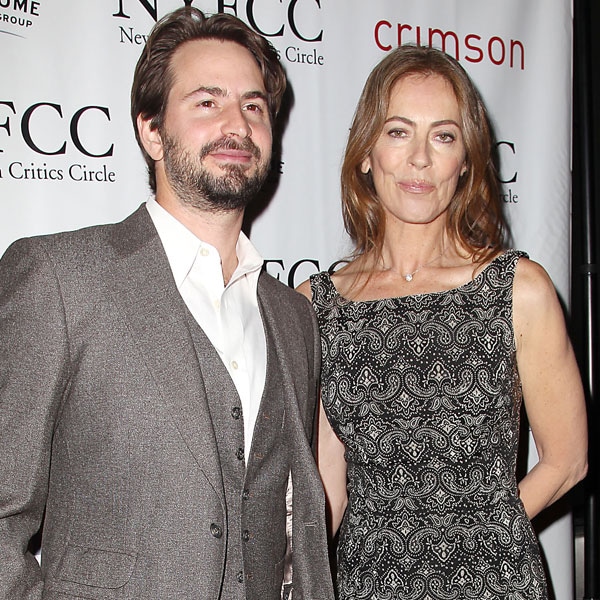 Kristina Bumphrey/Startraksphoto.com
Kristina Bumphrey/Startraksphoto.comKathryn Bigelow is no torture apologist.
The Oscar-winning director has penned an essay in the Los Angeles Times defending her controversial inclusion of torture scenes in Zero Dark Thirty after being heavily criticized for suggesting that torture played a key role in the capture of Osama bin Laden.
"Experts disagree sharply on the facts and particulars of the intelligence hunt, and doubtlessly that debate will continue," the 61-year-old Bigelow writes. "As for what I personally believe, which has been the subject of inquiries, accusations and speculation, I think Osama bin Laden was found due to ingenious detective work. Torture was, however, as we all know, employed in the early years of the hunt. That doesn't mean it was the key to finding Bin Laden. It means it is a part of the story we couldn't ignore."
That may have been her and her screenwriting-producing partner Mark Boal's intentions, but a number of pundits and senators including Diane Feinstein and John McCain attacked the film in a letter to Sony Pictures for what they said was a "grossly inaccurate and misleading" insinuation that torture led to bin Laden's location.
The spark for the controversy was Zero Dark Thirty's depiction of its main CIA character, Maya (played by Jessica Chastain), learning key information—the identity of bin Laden's courier, Abu Ahmed al-Kuwaiti—after torturing a detainee and then bluffing him in his confused state to give up the name.
The Senate Select Committee on Intelligence, which is chaired by Feinstein and issued a classified report on U.S. violations of the Geneva Conventions in the War on Terror, subsequently put out a statement on Jan. 3 hoping to correct the record.
"CIA did not first learn about the existence of the UBL [bin Laden] courier from detainees subjected to coercive interrogation techniques…Instead the CIA learned of the existence of the courier, his true name and location through means unrelated to the CIA detention and interrogation program," read the statement.
Bigelow, however, doesn't directly address this factual inconsistency.
Instead, she justifies Zero Dark Thirty's unflinching look at the torture methods used by government spies after 9/11 by arguing that since it happened, it's fair game for her as an artist to portray.
"Those of us who work in the arts know that depiction is not endorsement," she adds. "If it was, no artist would be able to paint inhumane practices, no author could write about them, and no filmmaker could delve into the thorny subjects of our time."
Various pundits like Andrew Sullivan of The Daily Beast have praised her for exposing the Bush administration's "enhanced interrogation techniques" for what they are—torture. But they have also criticized her for taking a morally neutral approach to her depiction of such war crimes by, say, not including government officials who protested against such barbarism. The net effect, critics like Sullivan suggest, means moviegoers might leave the theater believing torture was integral in finding the terrorist mastermind.
"Maybe a democracy needs simply to confront the fact of what it has done before it can [begin] to process it," the commentator opines, though quick to note he doesn't think it's a pro-torture film. "Bigelow doesn't process it; she doesn't move the ball forward. She simply lays it out in public. It's an act of cowardice expertly delivered. But it is our own cowardice as a nation that has been worse."
Bigelow however goes on to express bafflement about the backlash, which she said is misplaced.
"As a lifelong pacifist, I support all protests against the use of torture, and quite simply, inhumane treatment of any kind," she notes. "But I do wonder if some of the sentiments alternately expressed about the film might be more appropriately directed at those who instituted and ordered these U.S. policies, as opposed to a motion picture that brings the story to the screen."
Her letter concludes thusly: "Bin Laden wasn't defeated by superheroes zooming down from the sky; he was defeated by ordinary Americans who fought bravely even as they sometimes crossed moral lines, who labored greatly and intently, who gave all of themselves in both victory and defeat, in life and death, for the defense of this nation."